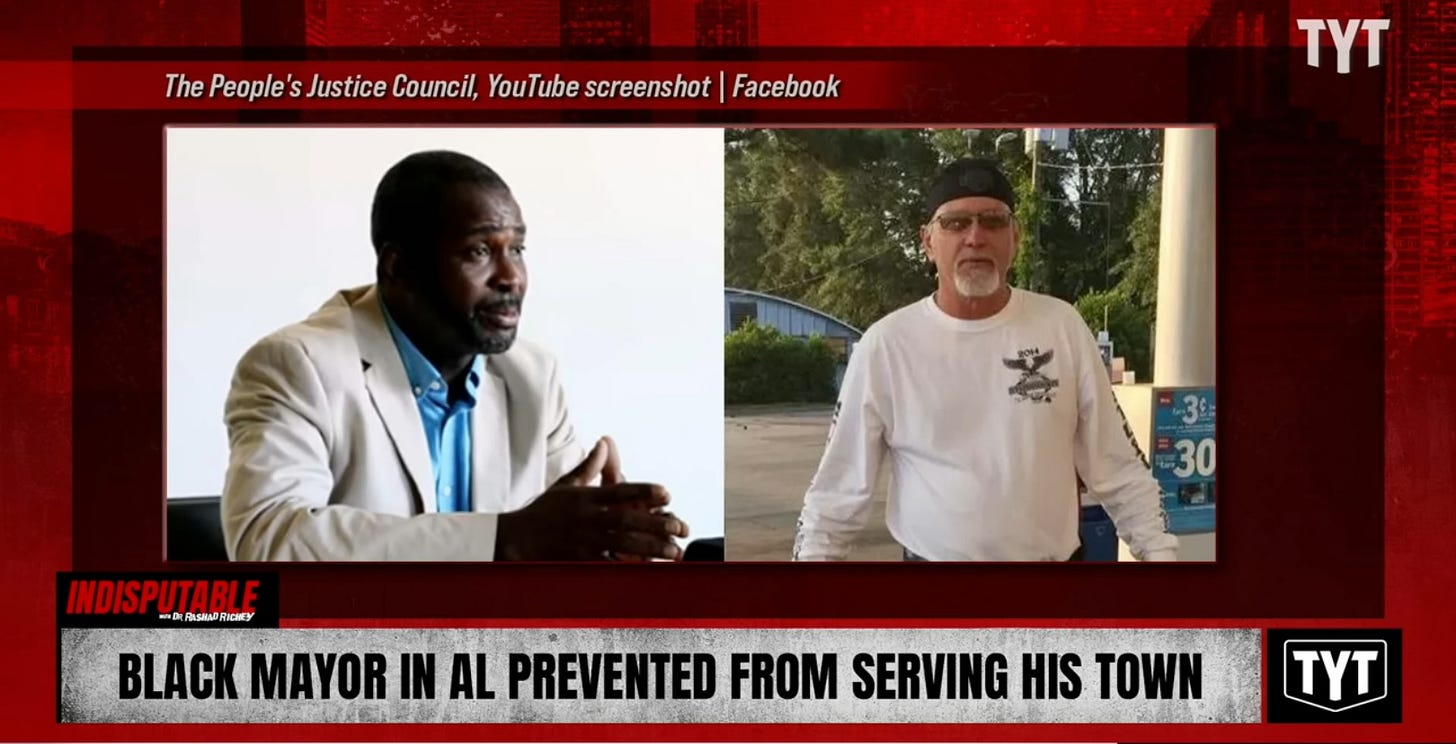Here’s some great news for people who have asthma or COPD and also enjoy breathing! Astrazeneca announced on Monday that it will be capping the prices of its inhalers at $35, becoming the second major pharmaceutical company to do so (Boehringer Ingeleheim was the first).
While surely this was done out of the goodness of their hearts, it did come, very coincidentally, after Senate Committee on Health, Education, Labor, and Pensions (HELP) Chairman Sen. Bernie Sanders, along with Sen. Tammy Baldwin (D-Wisconsin), Sen. Ben Ray Luján (D-New Mexico), and Sen. Ed Markey (D-Massachusetts) sent letters to Astrazeneca, Boehringer, GlaxoSmithKline, and Teva announcing an investigation into the wild amounts of money they charge American consumers for inhalers (despite selling them for much less in every other country on earth).
Now, this is obviously partly due to the fact that other countries often operate as one big insurance group and are therefore able to negotiate their own prices, while US consumers enjoy the incredible freedom of paying whatever ridiculous price pharmaceutical companies want to charge. However, Astrazeneca’s Breztri Aerosphere costs $645 in the US but just $49 in Europe … that’s taking things a little far. Especially when most of these inhalers have been pretty much the same since the 1950s, save for the teeny tiny changes manufacturers make in order to secure new patents and keep generics off the market.
In the letters to Astrazeneca (which is definitely worth a read) and the other pharmaceutical companies, the senators requested “that the companies provide information and documents on the internal decisions that ensure their inhalers do not face competition and can continue to bring in massive revenues.”
How executives decide to add new features to old inhalers or to move patients off of old products and onto new products, both of which are common tactics to keep lower-cost generic competitors off the market.
Whether the companies have evidence that their new products have any real clinical benefits compared to the old products.
The costs involved in manufacturing their inhalers and information about their patient assistance programs – which provide free or discounted inhalers to patients – including how much the companies deduct from their corporate taxes for operating those programs.
Finally, the letters request information on how much the companies spend on research and development for asthma and COPD.
It seems highly unlikely that this information would justify $645 inhalers that have been on the market for decades. I think we can assume it did not and that is why they are lowering the prices.
“In January, the Senate Committee on Health, Education, Labor, and Pensions that I chair launched an investigation into the outrageously high cost of inhalers that 25 million Americans with asthma and 16 million Americans with COPD rely on to breathe. In my view, Americans who have asthma and COPD should not be forced to pay, in many cases, 10 to 70 times more for the same exact inhalers as patients in Europe and other parts of the world,” Sanders said in a statement, while also calling for Teva and GlaxoSmithKline to reduce the costs of their inhalers as well.
Another likely factor in this sudden decision was the FTC’s challenge of Astrazeneca’s patents for Symbicort. On social media, FTC chair Lina Khan wrote, “I urge the other firms whose patents FTC challenged — including GlaxoSmithKline and Teva — to withdraw their improperly listed patents and drop costs for Americans.”
Around 3,500 people die in the US from asthma each year, and who knows how many of those deaths are due to people simply not being able to afford the cost of an inhaler? Many of the inhalers sold by these companies cost over $200 — prices that the uninsured and underinsured really can’t afford. Astrazeneca’s website says (still) that most people with insurance will pay $55.73 a month, but exorbitant prices like that factor into how much we all pay for health insurance.
This shit is not cute, not when we’re talking about breathing. No one should die from not being able to afford a freaking inhaler, and no one (aside from Duncan Sheik) should have to go through life barely breathing.
PREVIOUSLY:
























































![Key Metrics for Social Media Marketing [Infographic] Key Metrics for Social Media Marketing [Infographic]](https://www.socialmediatoday.com/imgproxy/nP1lliSbrTbUmhFV6RdAz9qJZFvsstq3IG6orLUMMls/g:ce/rs:fit:770:435/bG9jYWw6Ly8vZGl2ZWltYWdlL3NvY2lhbF9tZWRpYV9yb2lfaW5vZ3JhcGhpYzIucG5n.webp)

























